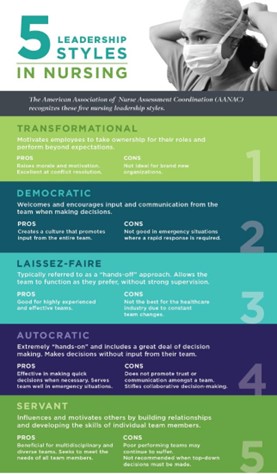Nurses are responsible not only for their actions but also for the actions of the staff to whom they delegate work, including accurate documentation. What is the principle associated with this responsibility?
Accountability
Conflict resolution
Coordination of care
Authoritativeness
The Correct Answer is A
The principle associated with the responsibility of nurses for their actions and the actions of the staff to whom they delegate work, including accurate documentation, is accountability. This means that nurses are responsible for ensuring that the care provided by themselves and their staff meets the appropriate standards and that all documentation is accurate and complete.
Option B is incorrect because conflict resolution is a process for resolving disagreements or disputes.
Option C is incorrect because coordination of care refers to the process of organizing and managing a patient's healthcare needs.
Option D is incorrect because authoritativeness refers to the ability to make decisions and provide direction.
Nursing Test Bank
Naxlex Comprehensive Predictor Exams
Related Questions
Correct Answer is A
Explanation
The nurse is planning to use a democratic leadership style when conducting an in-service that encourages active member participation and feedback about decreasing nosocomial infections on the unit. A democratic leader values the input and opinions of team members and encourages participation and collaboration in decision-making. By encouraging active participation and feedback from team members, the nurse is demonstrating a democratic approach to leadership.
The other options are not the leadership style that the nurse plans to use in this situation. A laissez-faire leader [b] takes a hands-on approach and allows team members to make their own decisions without providing guidance or direction. An autocratic leader [c] makes decisions unilaterally without seeking input or feedback from team members. An open-door leader [d] maintains an open-door policy and is accessible to team members, but this does not necessarily involve active participation and feedback from team members.

Correct Answer is A
Explanation
The first action the nurse should take is to collect data on the client. This includes assessing the client's condition and vital signs to determine if they require immediate medical attention.
Option b may not be appropriate without first assessing the client's condition.
Option c may be necessary after collecting data on the client, but it should not be the first action taken.
Option d may also be necessary, but it should not be the first action taken.
Whether you are a student looking to ace your exams or a practicing nurse seeking to enhance your expertise , our nursing education contents will empower you with the confidence and competence to make a difference in the lives of patients and become a respected leader in the healthcare field.
Visit Naxlex, invest in your future and unlock endless possibilities with our unparalleled nursing education contents today
Report Wrong Answer on the Current Question
Do you disagree with the answer? If yes, what is your expected answer? Explain.
Kindly be descriptive with the issue you are facing.
